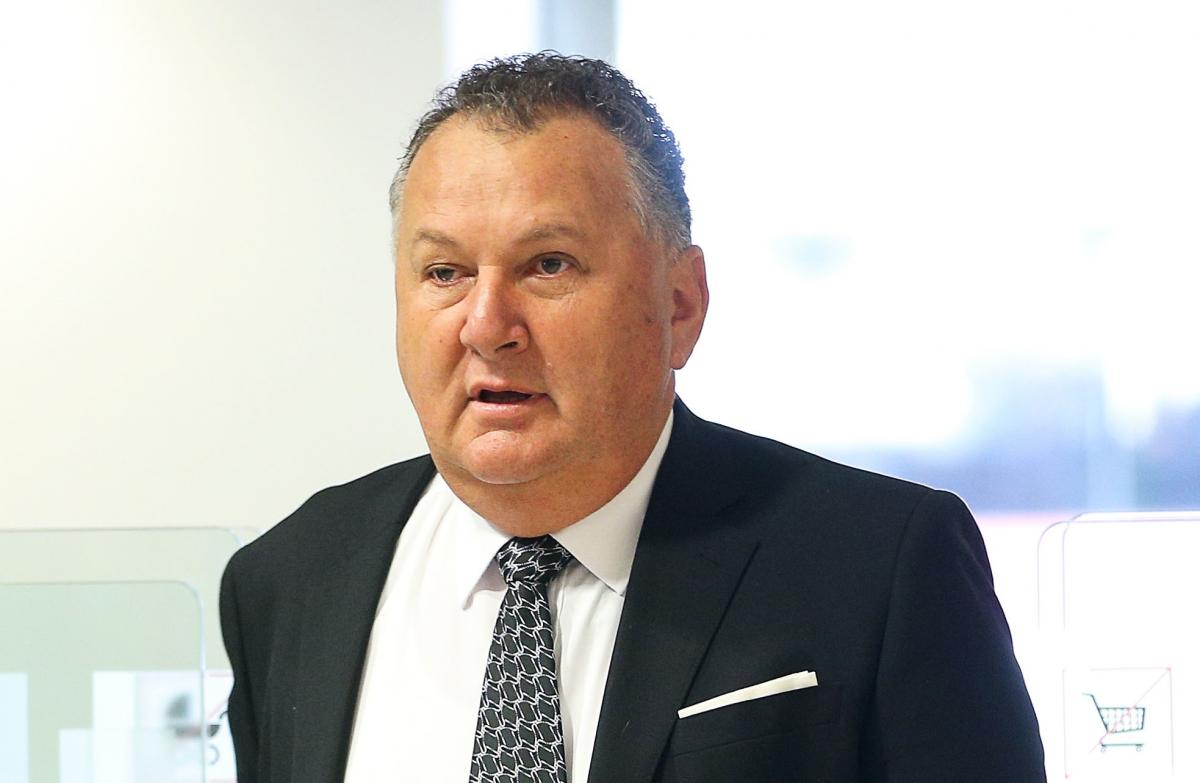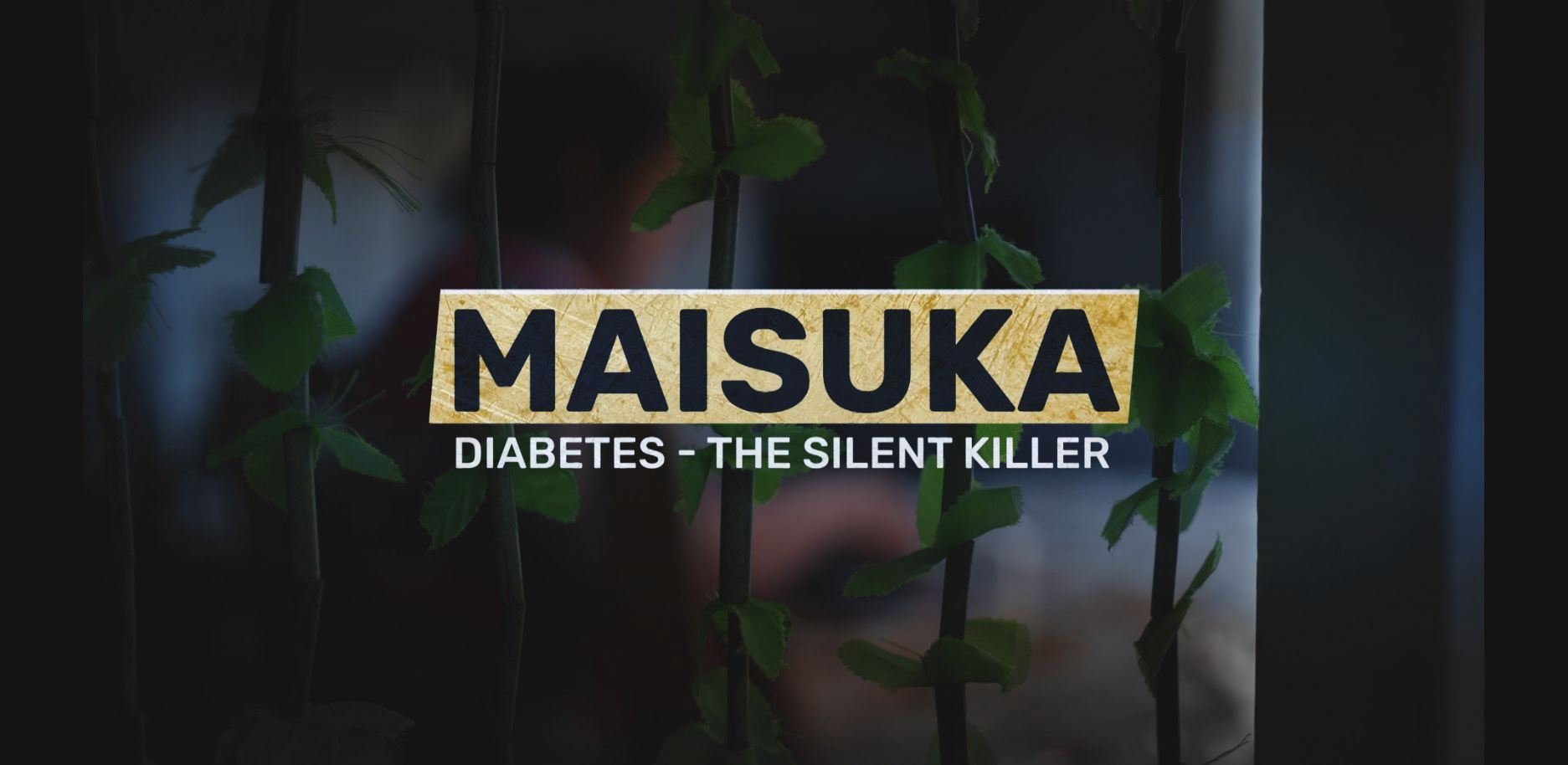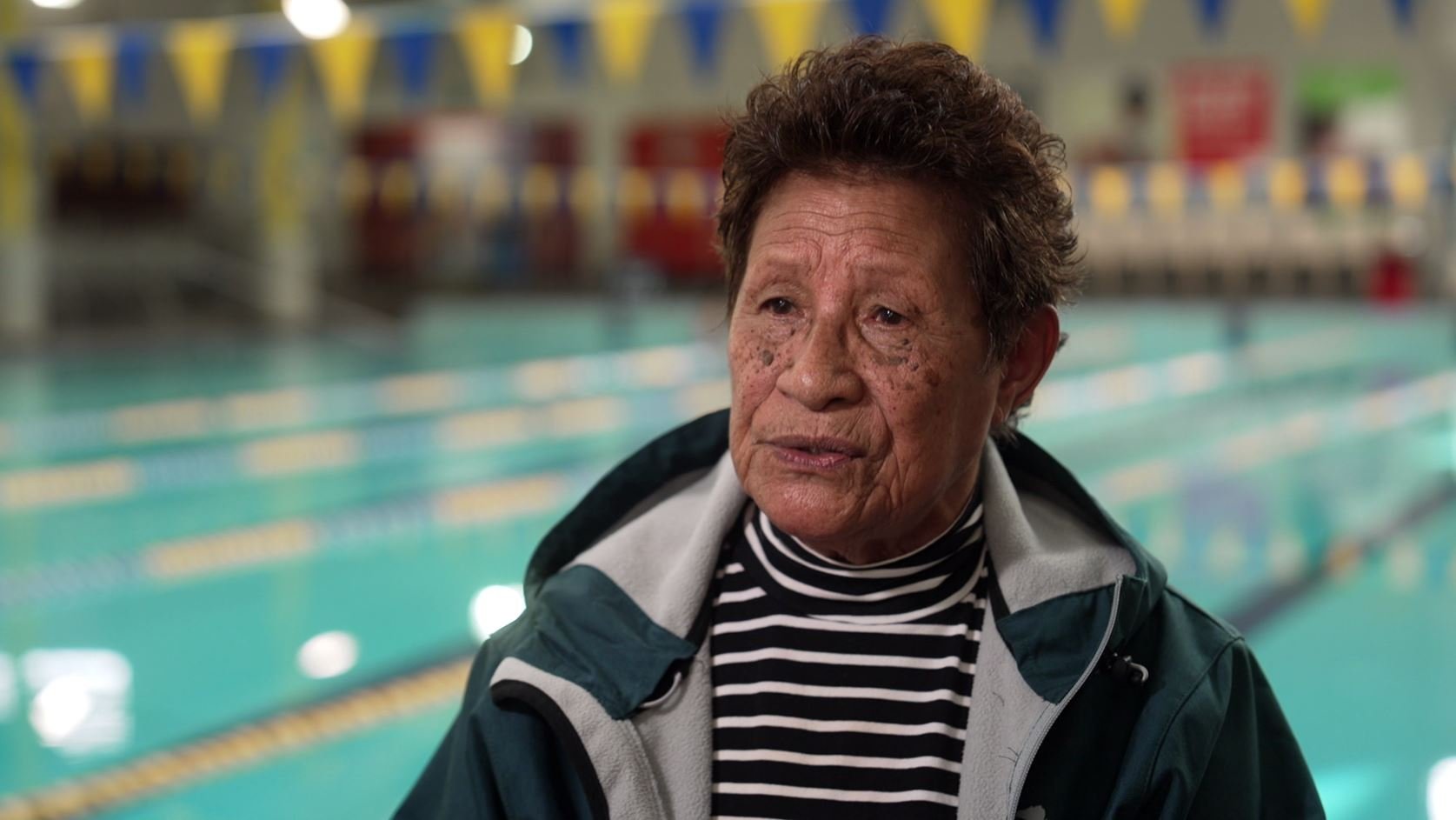Public Interest Journalism funded through NZ On Air
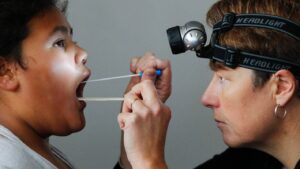
Te Whatu Ora – Health New Zealand has confirmed it has allocated $1m over three years for a rheumatic heart disease pilot programme.
But National Party health spokesman Dr Shane Reti said questions remain over how many people are expected to take part and how it will be staffed, given the existing workforce shortages in radiography.
Last week, a study found up to 1 in 50 young Pasifika adults living in south Auckland may have rheumatic heart disease.
Te Whatu Ora interim director of population health programme commissioning Deborah Woodley said work on the pilot was still in its early stages.
But she confirmed $1m in funding over three years was approved for an echocardiogram-based screening programme, expected to start in early 2024.
“Te Whatu Ora is currently in the early stages of scoping the initiative. This work will confirm the design, service model and location of the demonstration pilot,” she said.
Woodley said the pilot will help to determine if a wider screening programme is feasible.
But how it will be staffed and how many people will be targeted are all details that will be finalised later this year.
Reti said he supports the need for the pilot screening programme.
“If they find out there’s a high prevalence of rheumatic heart disease, it would allow Te Whatu Ora to target high-risk areas like south Auckland with preventative measures and treatment.”
But he said there remains a number of unanswered questions.
Reti said while $1m in funding over three years doesn’t sound like a lot, it would be enough to establish a representative sample of people with the condition.
“But we still need to know how many people Te Whatu Ora intends to screen,” he said. “And with the existing shortage of radiographers [who do echocardiograms], is there the workforce available to even do this?”
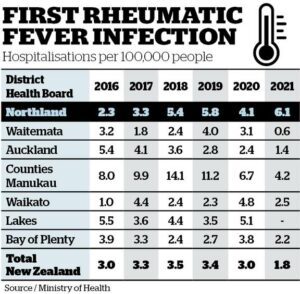
Counties Manukau has historically been a national hotspot for rheumatic fever and records the highest case numbers in the country.
Rheumatic fever and rheumatic heart disease are the result of recurring, untreated strep throat or Streptococcal pharyngitis.
If left, they can lead to inflammation of the heart, joints, brain and skin. Rheumatic heart disease is the condition that results from the heart valves being permanently damaged by rheumatic fever.
But while people who have rheumatic fever and are undergoing treatment are recorded, there is no way of knowing if someone has rheumatic heart disease if they haven’t visited their doctor or a hospital with symptoms.
University of Auckland associate professor of public health Dr Collin Tukuitonga said for a lot of young people with the disease their symptoms don’t show up until years after they’ve had a Streptococcal infection.
He said having a screening programme could help prevent the long-term damage it can cause to a person’s heart.
“So I think it’s a good idea,” Tukuitonga said.
He said the workforce shortages highlighted by Reti may be a cause for concern, but if the Government is committed to funding a screening programme radiographers from the private sector could help address any staffing issues.































